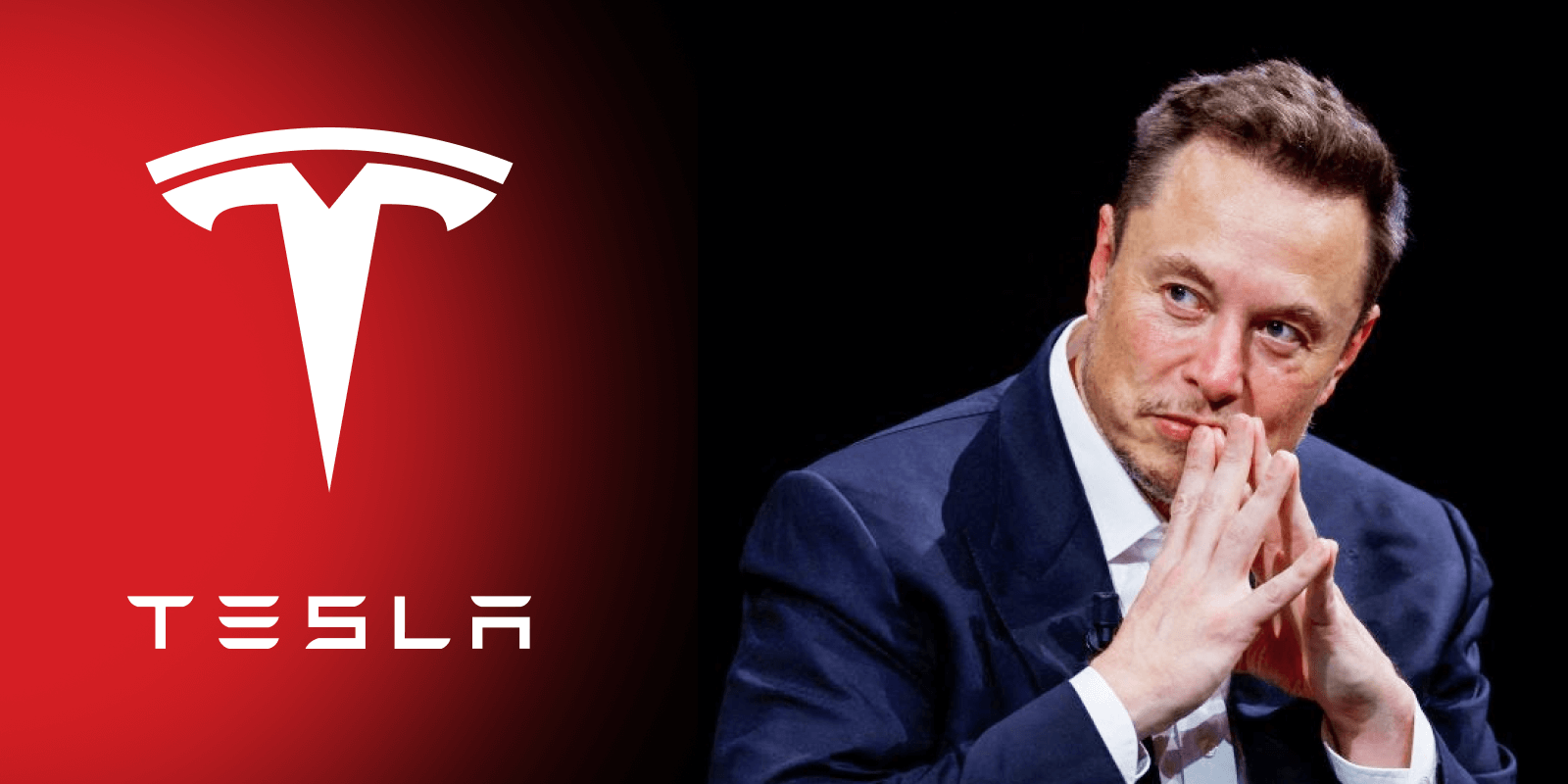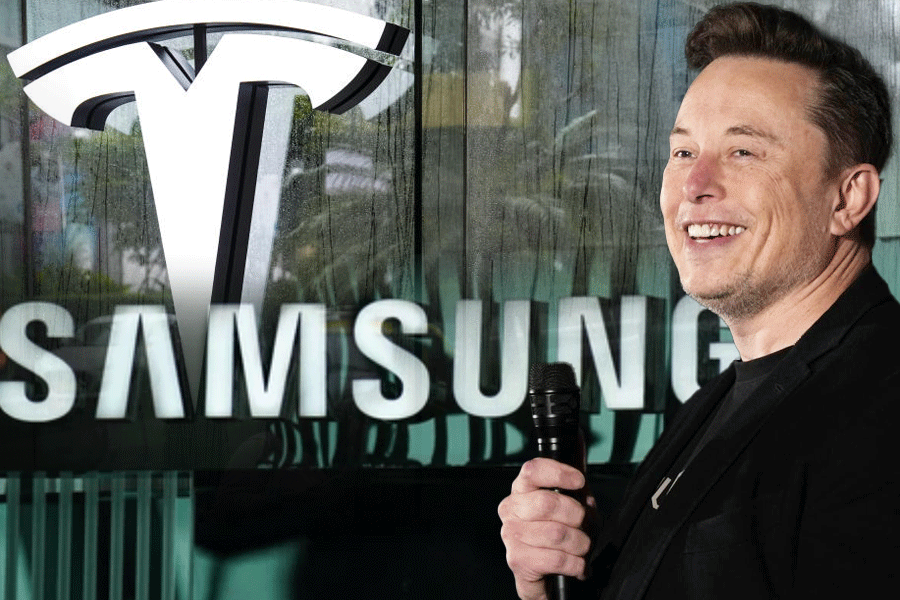Tesla has officially signed a monumental $16.5 billion agreement with Samsung, securing the production of its next-generation AI6 processors through 2033. These powerful chips are set to become the backbone of Tesla’s future technologies, including self-driving cars, humanoid robots, and data centers, positioning the company at the forefront of the global AI race.

According to insiders, the deal will be carried out at Samsung’s state-of-the-art foundry in Texas, marking a major win for both companies. For Tesla, the agreement ensures a stable and long-term supply of cutting-edge AI hardware, a crucial element as the company continues to push toward full autonomy in transportation and robotics. For Samsung, Tesla’s commitment represents a strategic endorsement of its advanced manufacturing capabilities, securing one of the world’s most innovative companies as a key client.
Elon Musk expressed strong confidence in the partnership, noting that Tesla will not only use Samsung’s chips but also collaborate on improving production efficiency. Industry experts see this as a vital step, as chip shortages and inefficiencies have historically slowed progress in both the automotive and AI sectors. By combining Tesla’s demand for scale with Samsung’s manufacturing expertise, the partnership is expected to accelerate innovation at an unprecedented pace.

The AI6 processors are rumored to be far more advanced than current-generation chips, designed to handle the immense data loads required for real-time decision-making in autonomous vehicles and next-gen robotics. Analysts predict that Tesla’s humanoid robot project, Optimus, will benefit significantly from this leap in computational power, while Tesla’s AI-driven data centers could rival some of the biggest players in the cloud industry.
Financially, the $16.5 billion deal signals Tesla’s deep investment in becoming not just a car company but a global AI powerhouse. Musk has repeatedly said that AI will be the defining factor of the future, and this agreement with Samsung aligns perfectly with his vision. For Samsung, it represents a chance to further establish itself as a leader in semiconductor technology, a sector critical to the future of automation, energy, and global connectivity.
As the ink dries on this landmark deal, one thing is clear: Tesla and Samsung have positioned themselves as central players in the unfolding AI revolution—and the ripple effects are likely to shape industries far beyond cars and chips.
